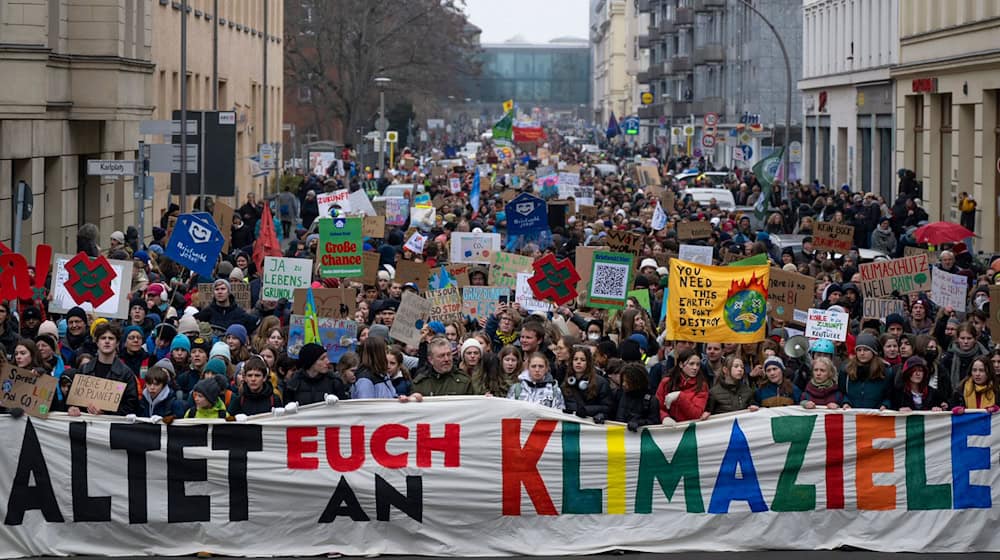Saxony's Minister President Michael Kretschmer (CDU) believes that the European Commission's climate targets are unrealistic. A 90 percent reduction in CO2 emissions by 2040 "misses the reality of our industry", said Kretschmer in Dresden. "Climate protection must be ambitious, but it must also remain feasible and affordable. Otherwise, we will lose jobs, value creation and ultimately people's acceptance."
Fair balance between climate protection and competitiveness
According to Kretschmer, one-sided tightening will not help the climate if production moves abroad. "We need innovation, openness to technology and a fair balance between climate protection and competitiveness. Europe must not overburden itself with the transformation, but must invest wisely and strengthen our industrial location."
According to an analysis by the European Commission, the EU member states are well on track to achieve their joint climate target for 2030. If the countries fully implement their plans and EU regulations, emissions would be reduced by around 54 percent by 2030 compared to 1990 levels, the Brussels authority announced.
Binding interim target for 2040 still missing
In addition to the 2030 target, the EU has also set itself the goal of becoming climate-neutral by 2050 - i.e. not emitting more greenhouse gases than can be captured again. There is not yet a binding interim target for 2040. A corresponding legislative proposal from the authority is expected by the summer break and must then be negotiated by the EU countries and the European Parliament.
Last year, the EU Commission already recommended a reduction of at least 90 percent compared to 1990. Some in the European Parliament and among the EU states consider this to be ambitious. According to EU circles, the Commission wants to stick to the 90 percent target - but at the same time create more flexibility to achieve it.
Copyright 2025, dpa (www.dpa.de). All rights reserved










